Autumn has arrived, ushering in the annual delight of savoring pumpkin spice-infused delights for almost a month now. Whether it's the iconic PSL (short for pumpkin spice latte, for the uninitiated), pumpkin-flavored granola, hearty soup, decadent pie, or indulgent ice cream, relishing the warm and comforting taste of pumpkin is the quintessential way to embrace the fall season. While many of these pumpkin-infused treats may not pack a substantial amount of the actual vegetable, it's essential to recognize that pumpkin, at its essence, boasts a plethora of remarkable health benefits.
Before delving into the advantages, let's explore the common methods of incorporating pumpkin into our diets. While the large pumpkins reserved for carving and decorating front porches may be familiar, there exists a wide array of pumpkin varieties. Among these, the sugar pumpkin, a small, round variety commonly found in produce sections during this season, stands out as the most convenient choice for both cooking and consumption. For those disinclined to the time-consuming process of dicing and cooking fresh pumpkin, canned pumpkin offers a convenient alternative. This method is particularly favored by those seeking a smooth puree for pies, blended beverages, or homemade coffee concoctions. It's worth noting that both fresh and canned pumpkin varieties share similar nutritional profiles, albeit with minor distinctions.
Nutritional Breakdown of 1 Cup of Canned, Pureed Pumpkin:
- Calories: 83
- Fat: 0.7 grams
- Protein: 2.7 grams
- Carbohydrates: 19.8 grams
- Fiber: 7 grams
- Sugar: 8 grams
Nutritional Breakdown of 1 Cup of Cubed, Raw Pumpkin:
- Calories: 126
- Fat: 0 grams
- Protein: 1 gram
- Carbohydrates: 7.5 grams
- Fiber: 0.5 grams
- Sugar: 3 grams
Pumpkin boasts a robust nutritional profile, abundant in vitamins, minerals, and antioxidants, rendering it a wholesome choice for your favorite autumn recipes. Continue reading to discover the remarkable health benefits associated with pumpkin consumption.
1) Fiber for Digestive Wellness
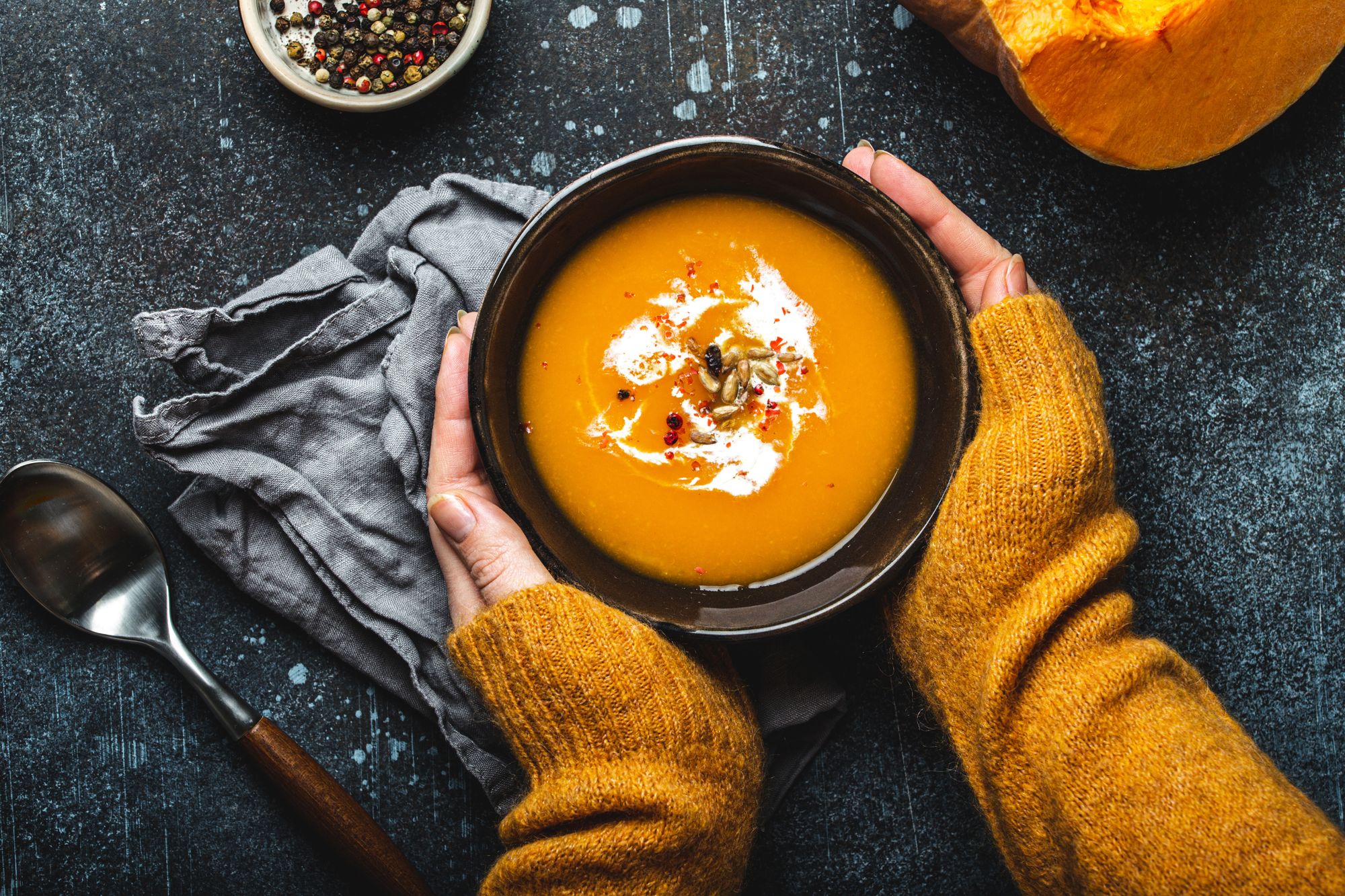
Pumpkin, whether in its cooked or canned form, is a notable source of dietary fiber. A one-cup serving of canned pumpkin contains approximately seven grams of fiber, while the same quantity of cooked, whole pumpkin provides around two grams. This fiber content is essential for promoting digestive regularity, maintaining gut health, and supporting overall well-being. Fiber not only aids in bowel regularity but also plays a vital role in removing cholesterol from the body, balancing blood sugar levels, and providing a lasting feeling of fullness.
2) Skin-Friendly Vitamins
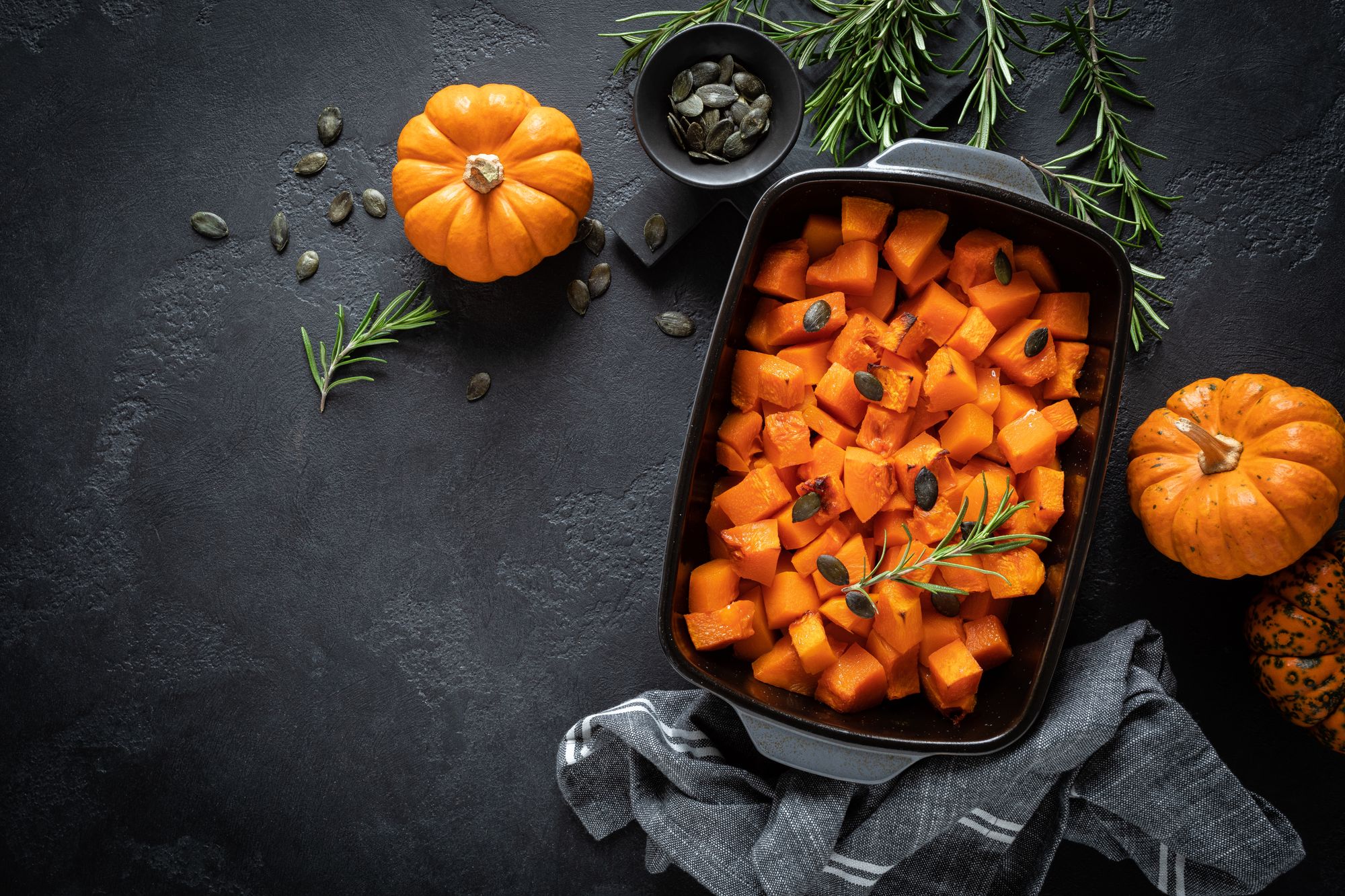
Pumpkin boasts a trifecta of skin-nourishing vitamins: vitamin A, vitamin C, and vitamin E. In just one cup of canned pumpkin, you'll find about 10 micrograms of vitamin C (with the daily recommended value ranging from 75 to 90 micrograms), approximately 1,900 micrograms of vitamin A (with a daily recommended value between 700-900 micrograms), and 2.5 micrograms of vitamin E (with a daily recommended value of 15 micrograms). These vitamins collectively contribute to protecting skin cells from the harmful effects of UV rays, supporting collagen production, maintaining skin hydration, and acting as powerful antioxidants that safeguard against free radical damage.
3) Vision-Boosting Beta-Carotene
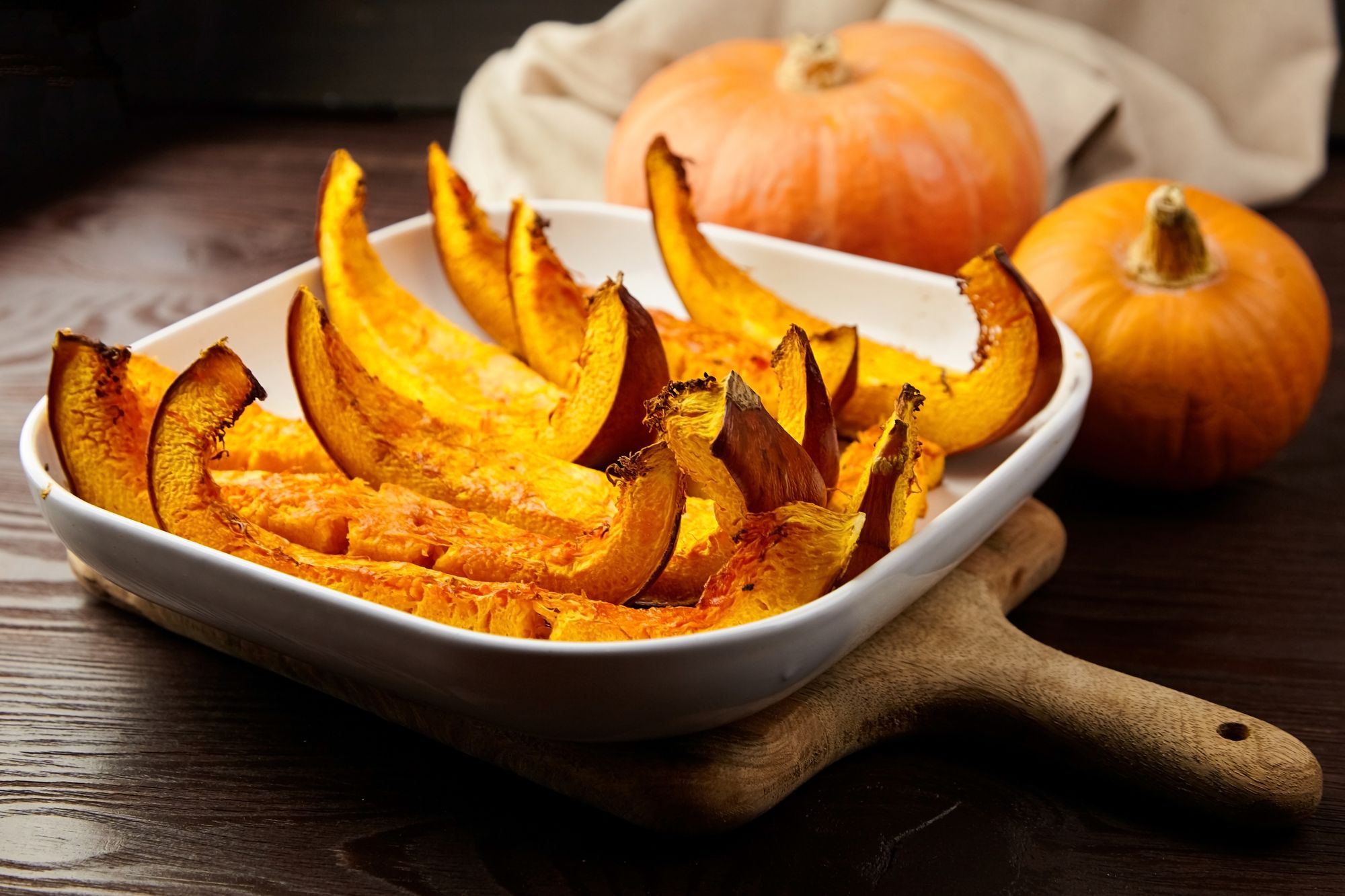
Pumpkin's vibrant orange hue is attributed to its high beta-carotene content. In the body, beta-carotene converts into vitamin A, a crucial nutrient for maintaining optimal eye health. Beyond beta-carotene, pumpkin is a rich source of lutein and zeaxanthin, two antioxidants associated with a reduced risk of age-related macular degeneration and cataracts, thus contributing to enhanced eye protection.
4) Immune System Fortification
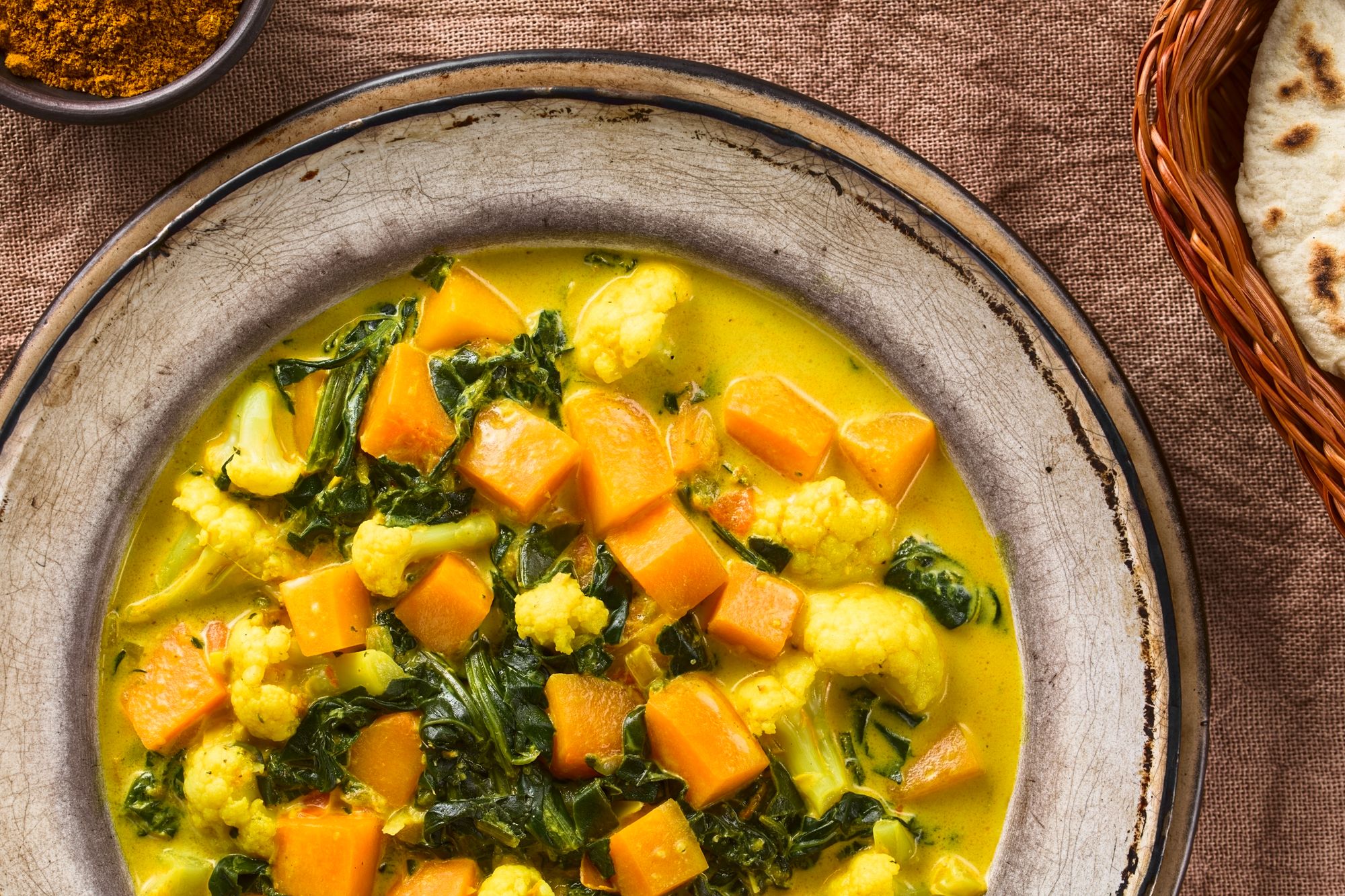
Pumpkin's impressive vitamin profile extends to its immune-boosting capabilities, particularly due to its high levels of vitamins A and C. These antioxidants bolster the immune system by serving various functions. Vitamin A aids in maintaining the integrity of mucosal surfaces, which act as a barrier to pathogens, while vitamin C supports collagen synthesis, skin health, and immune response. The inclusion of pumpkin in your diet during colder months can potentially enhance overall immunity.
5) Potassium for Vital Functions
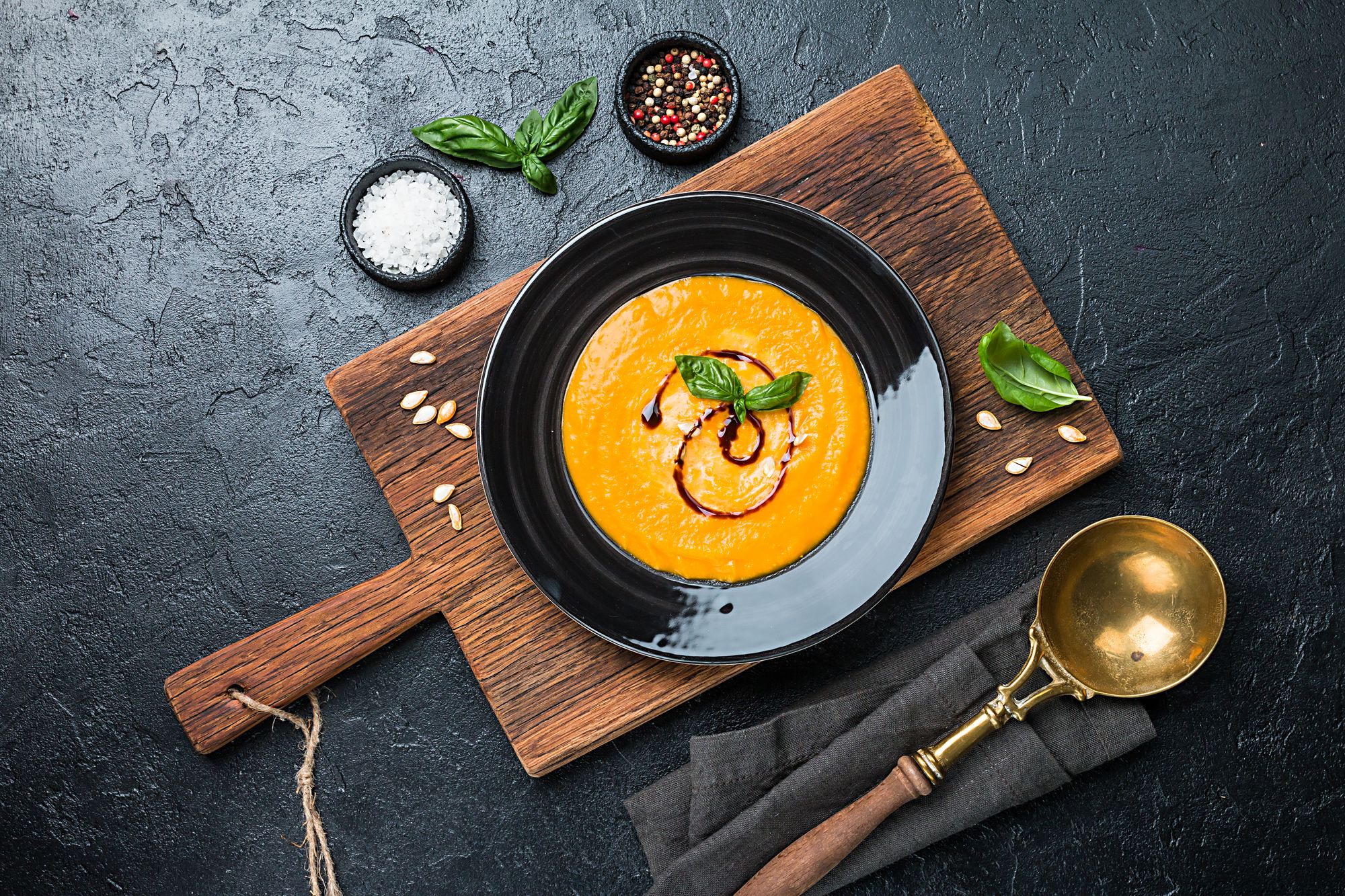
In addition to vitamins and antioxidants, pumpkin also provides a notable dose of potassium. One cup of pumpkin offers approximately 500 micrograms of potassium, although the daily recommended value is much higher at 4,700 micrograms. Potassium is indispensable for regulating blood pressure, ensuring a normal heartbeat, and supporting proper muscle function. Insufficient potassium intake can lead to increased risks of conditions such as kidney stones and excessive bone tissue turnover.
6) Heart Health Synergy

The combination of potassium, vitamin C, dietary fiber, and antioxidants in pumpkin makes it an ideal choice for maintaining cardiovascular health. Potassium plays a critical role in lowering and managing blood pressure, thereby reducing the strain on arteries and enhancing heart function. Dietary fiber is instrumental in managing cholesterol levels and reducing the risk of cardiovascular diseases, further underscoring the heart-protective benefits of pumpkin consumption.
7) Nutrient-Rich Pumpkin Seeds
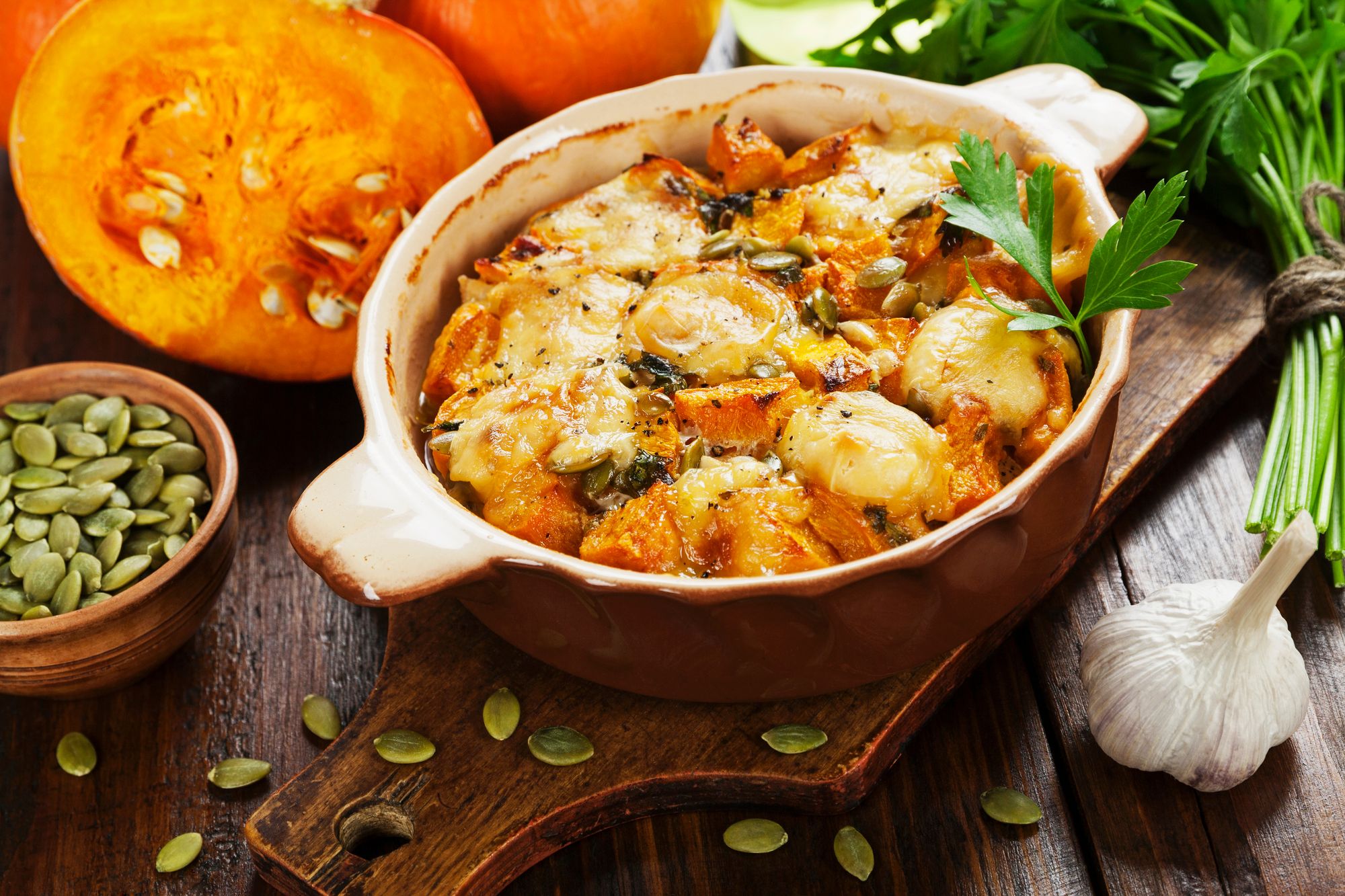
Don't forget about pumpkin seeds, also known as pepitas, which offer a treasure trove of health benefits. These small but mighty seeds are packed with plant-based protein, dietary fiber, and healthy fats. Additionally, they are a rich source of zinc, a mineral that contributes to skin health and immune function.
Incorporating pumpkin into your fall diet is not just a culinary delight but also a strategic move for enhancing your overall health. By embracing the nutritional advantages that pumpkin brings to the table, you can savor the flavors of the season while reaping a host of benefits for your body and well-being.

